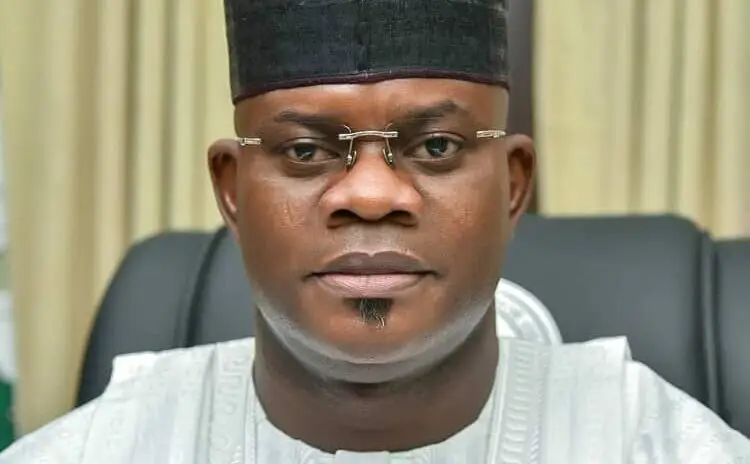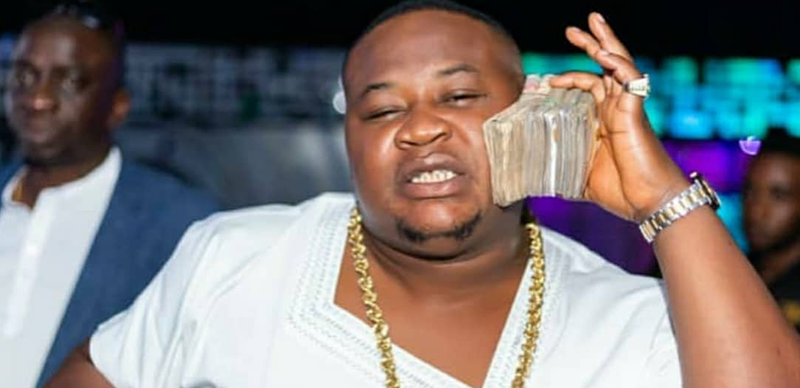
Ex Portuguese President and the father of Portugal’s modern-day democracy, Mario Soares is dead.
He was a towering figure in the country’s political scene who spearheaded its entry into the European Union.
Soares, the founder of Portugal’s Socialist party who died on Saturday at the age of 92, spent decades in politics, serving as foreign minister, prime minister and president as well as a European lawmaker.
Known for his flourishing speeches and close contact with the public, Soares was an avid reader with a fondness for the good life who was mockingly dubbed “chubby cheeks” by the rightwing opposition.
Reassuringly portly, he was both a charmer and a humanist known for being “emotional, spontaneous and warm.”
A self-defined agnostic, Soares said he believed in “humanity and its improvement”, and described himself as being driven by “a great desire to live by immense curiosity.”
“I am a poor man who has been fortunate to have taken stands and to have been right,” he was quoted to have said in February 2015, rejecting the idea he was an “immortal” figure.
In mid-December, just a week after his 92nd birthday, Soares was taken ill and transferred to the Red Cross hospital in the capital Lisbon where he was placed in intensive care.
On Christmas Eve, his condition deteriorated, with the hospital saying he was in a deep coma and listing him as “critical”.
He never recovered.
Born in Lisbon on December 7, 1924, Mario Alberto Nobre Lopes Soares was raised in a family opposed to the dictatorship of Antonio Oliveira Salazar.
His father Joao Soares, a defrocked priest, struggled against the regime for decades, suffering long periods of imprisonment and exile.
Soares took up the cause as a student leader at Lisbon’s Classical University.
After repeated interruptions to his studies due to being arrested, he earned degrees in philosophy and law in 1957, and then set up a practice which defended opposition activists.
He was arrested again by the regime’s political police in 1968 and banished to the archipelago of Sao Tome and Principe off the coast of west Africa, a Portuguese colony at the time, then exiled in 1970.
Soares settled in France where he taught at several universities and it was while in exile in 1973 that he and a group of friends founded the Socialist Party at a meeting in Germany, with him becoming its first secretary general.
When an army-led revolution toppled Portugal’s dictatorship on April 25, 1974, Soares took the first train to Lisbon, where he was mobbed by thousands of waiting admirers and marched through the Portuguese capital’s streets.
He served as foreign minister in the military-controlled provisional government that took power after the revolution and oversaw the granting of independence to Portugal’s African colonies.
A moderate military faction backed by Soares headed off a Communist-backed coup attempt in 1975 and called elections the following year which he won, making him the first constitutionally elected prime minister after the revolution.
He served as premier until 1978, and then again from 1983 to 1985, imposing reforms and austerity required by the International Monetary Fund (IMF) in exchange for financial aid.
His biggest achievement as premier was negotiating Portugal’s entry in 1986 into the European Economic Community, the precursor to the European Union.
Soares was elected Portugal’s president, a largely ceremonial and advisory post, later that year. He was comfortably re-elected to another five-year term in 1991 with over 70 percent of the vote.
He served as a lawmaker in the European Parliament between 1999 and 2004 before running for a third term as president in 2006 at the age of 80.
He suffered a crushing defeat, coming in third place with just over 14 percent of the vote behind former conservative prime minister Anibal Cavaco Silva and fellow Socialist Manuel Alegre.
Soares retired from public life for several months after the election but then reappeared regularly in the media to comment on current affairs.
He emerged as a fierce critic of the steep spending cuts Portugal was forced to implement under a 78-billion-euro bailout deal reached in 2011 with the EU and IMF to avert bankruptcy.
Soares accused big European nations at the time of being guided by “savage capitalism”.
He married one of Portugal’s leading actresses, Maria Barroso, in 1949 in Aljube prison in Lisbon in what was seen as an act of defiance against the Salazar regime.
His public appearances became less frequent after she died in July 2015.
A visibly weak Soares attended a ceremony in his honour staged by Portugal’s Socialist government in July but did not speak.
The couple had two children, Isabel and a son, Joao, a former mayor of Lisbon.




